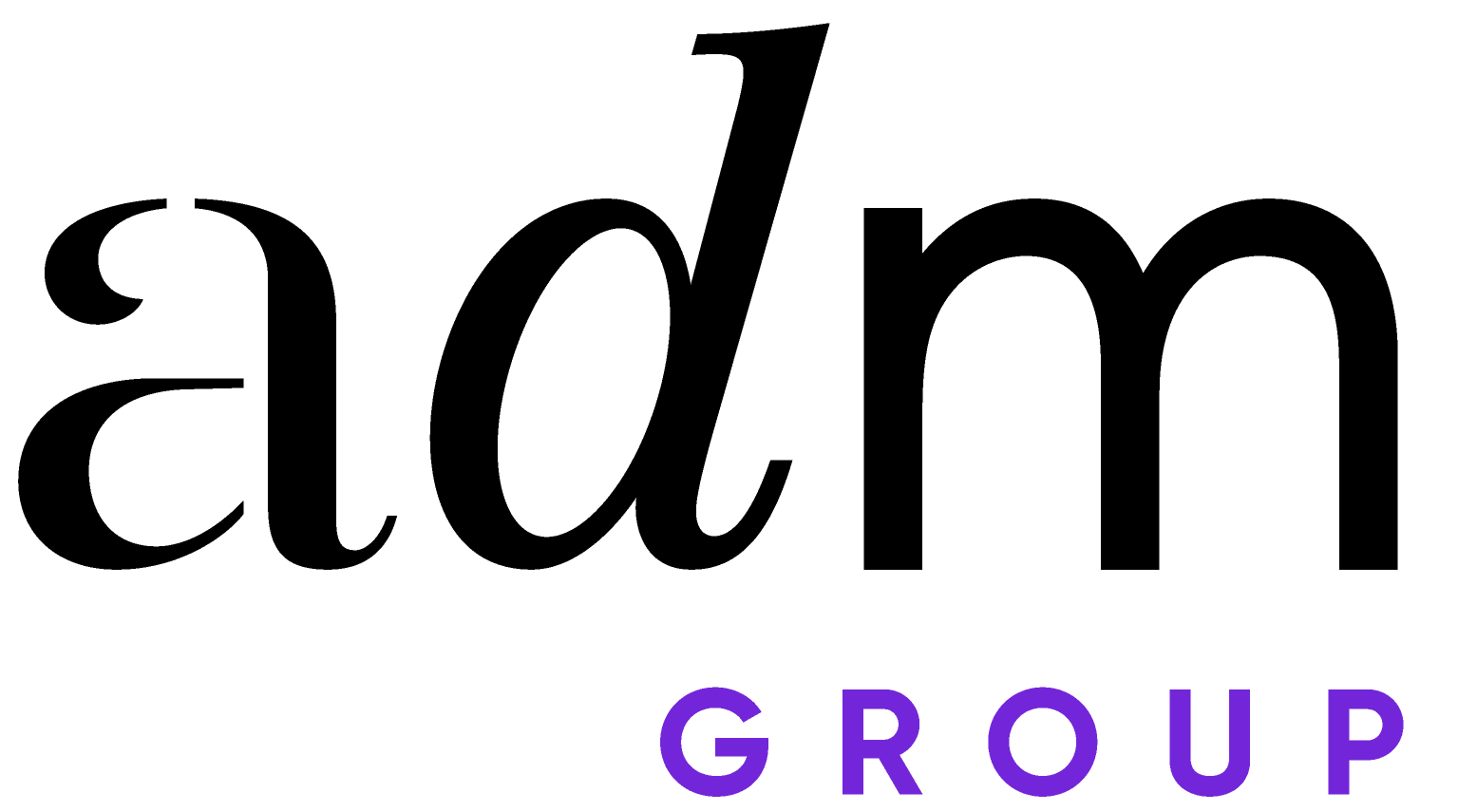Human Rights Day: How adm are prioritising Worker Voice & Wellbeing
The celebration of Human Rights Day, which falls on December 10, is an opportunity to reflect on the fundamental rights and freedoms to which we are all entitled - regardless of race, gender, religion, or any other status. At adm Group, the respect of human rights is important to us as it underpins trust in our relationships and the way we do business. In particular, we believe that worker voice and worker wellbeing projects are pivotal in bringing about positive changes in the working conditions and rights assurances for people within our value chain.
As part of our responsible sourcing program, we want to support a process that allows us to effectively measure the impact of our program has on people across our global operations.
In 2023, adm has been prioritising two key projects to help support workers and bring their voices to the forefront. These include worker wellbeing assessments and surveys on grievance channels.
Supporting Worker Welfare
To support worker welfare globally and within our supply chains it is increasingly important to listen to workers themselves and what they have to say. This involves developing a reporting framework that offers workers sufficient means to convey any work-related concerns they may have.
This year, adm collaborated with 3rd party technology provider, Ulula , to conduct a pilot survey with some of our strategic suppliers in the APAC region. As an experienced provider of worker solutions and to ensure increased data accuracy across a number of critical indicators, we are hoping through this partnership that we can strengthen due diligence requirements even further moving forward.
The pilot survey measured worker wellbeing through five critical indicators, including: recruitment fees, forced labour, grievance mechanisms, employment, freedom of association, wages and benefits, and health and safety.
Throughout the year we also continued performing the worker wellbeing assessments introduced last year, based on the questionnaire developed by SEDEX and AIM-Progress . The assessment is focused around the key areas of respect, income and progression, and safety, allowing us to better understand our impact on workers and what areas are important to them. Through regular worker wellbeing assessments, we want to understand how we can best help secure adequate standards of worker welfare across our critical supplier base.
The findings from these assessments support our strategic direction and progress in supporting worker wellbeing and the continuous improvement on human rights across our value chain. Both projects are important to adm in developing our progress across worker welfare indicators and support transparency in the long-term. The feedback collected also enables solution focused interventions together with our stakeholders in cases where this may be needed.
Moving forward, adm will monitor and support workers through increased projects and methods, so that we are able to help protect fundamental rights as part of our due diligence responsibilities and efforts.
Understanding Grievance Channels
We believe in best practices on human rights and that companies have an inherent responsibility to help workers within supply chains with means to convey any work-related concerns they may have via anonymous, independent, and effective grievance channels as part of a continuous and responsible sourcing journey.
Effective grievance mechanisms are essential tools in supporting worker welfare globally. Founded on transparent, rights-based principles aligned with the 8 UN Guiding Principles’ Effectiveness Criteria, they form critical channels not only as immediate mechanisms to address worker concerns, but also in providing invaluable gateways enabling appropriate remedy and redress for any harms caused by businesses to workers’ rights and their local communities.
In 2023, we prioritised the benchmarking of worker wellbeing by also initiating a grievance mechanism gap analysis with a small group of our tier one suppliers. The key objective of this exercise was to try and benchmark grievance channels available with strategic suppliers for workers to report any work-related concerns. Based on the findings from the Ulula Pilot and the grievance mechanism exercise we will continue to build our program into 2024.
As the legal landscape is rapidly changing, integration to embed accessible and functional grievance mechanisms for workers locally and globally is becoming increasingly fast-paced, calling on all stakeholders to act.



